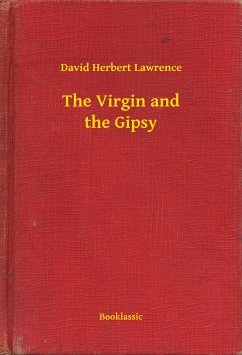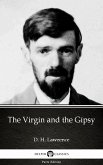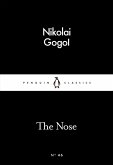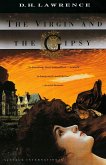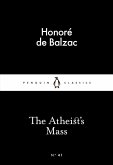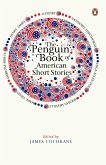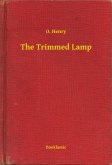The Virgin and the Gipsy was written in the year 1930 by David Herbert Lawrence. This book is one of the most popular novels of David Herbert Lawrence, and has been translated into several other languages around the world.
This book is published by Booklassic which brings young readers closer to classic literature globally.
This book is published by Booklassic which brings young readers closer to classic literature globally.
Dieser Download kann aus rechtlichen Gründen nur mit Rechnungsadresse in A, B, BG, CY, CZ, D, DK, EW, E, FIN, F, GR, H, IRL, I, LT, L, LR, M, NL, PL, P, R, S, SLO, SK ausgeliefert werden.

